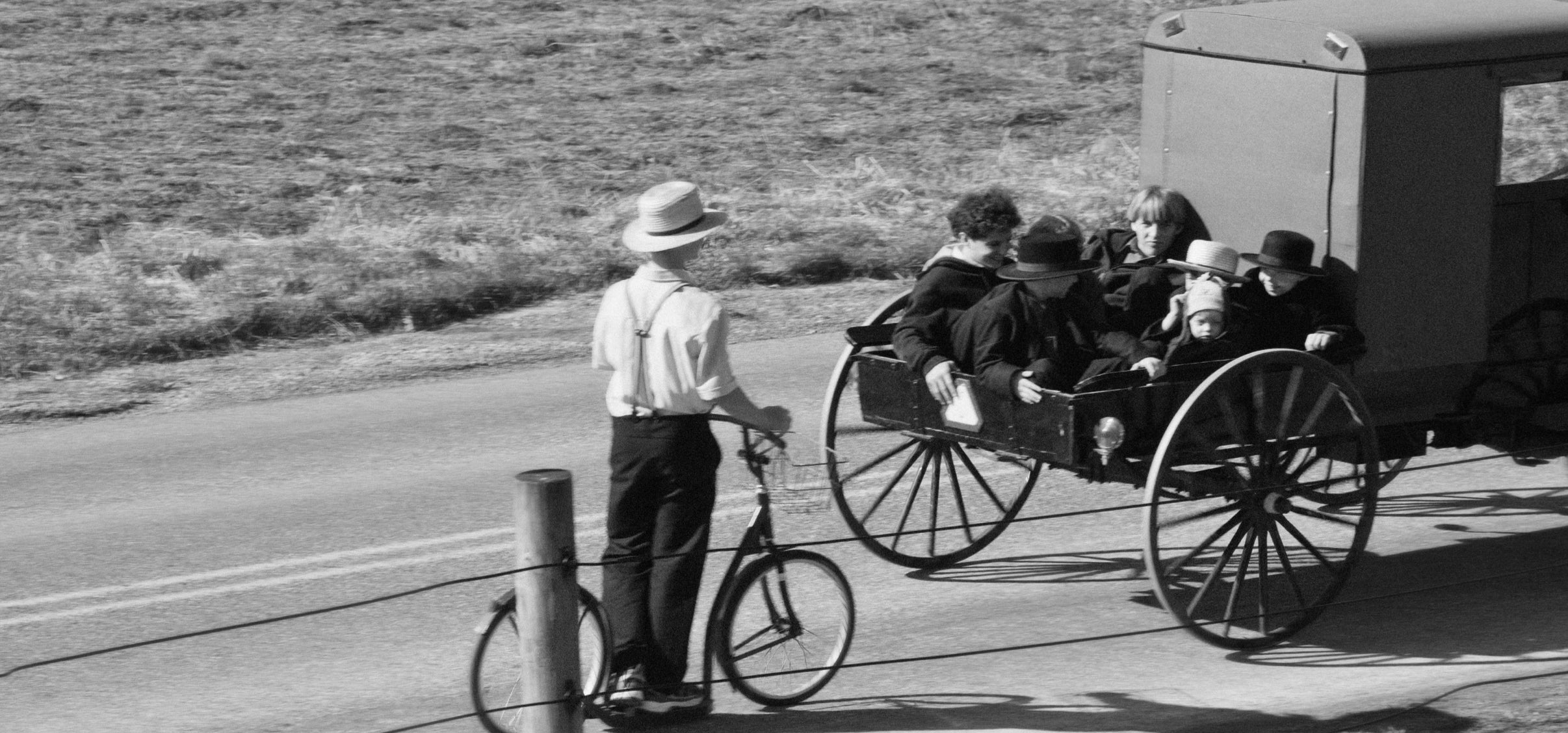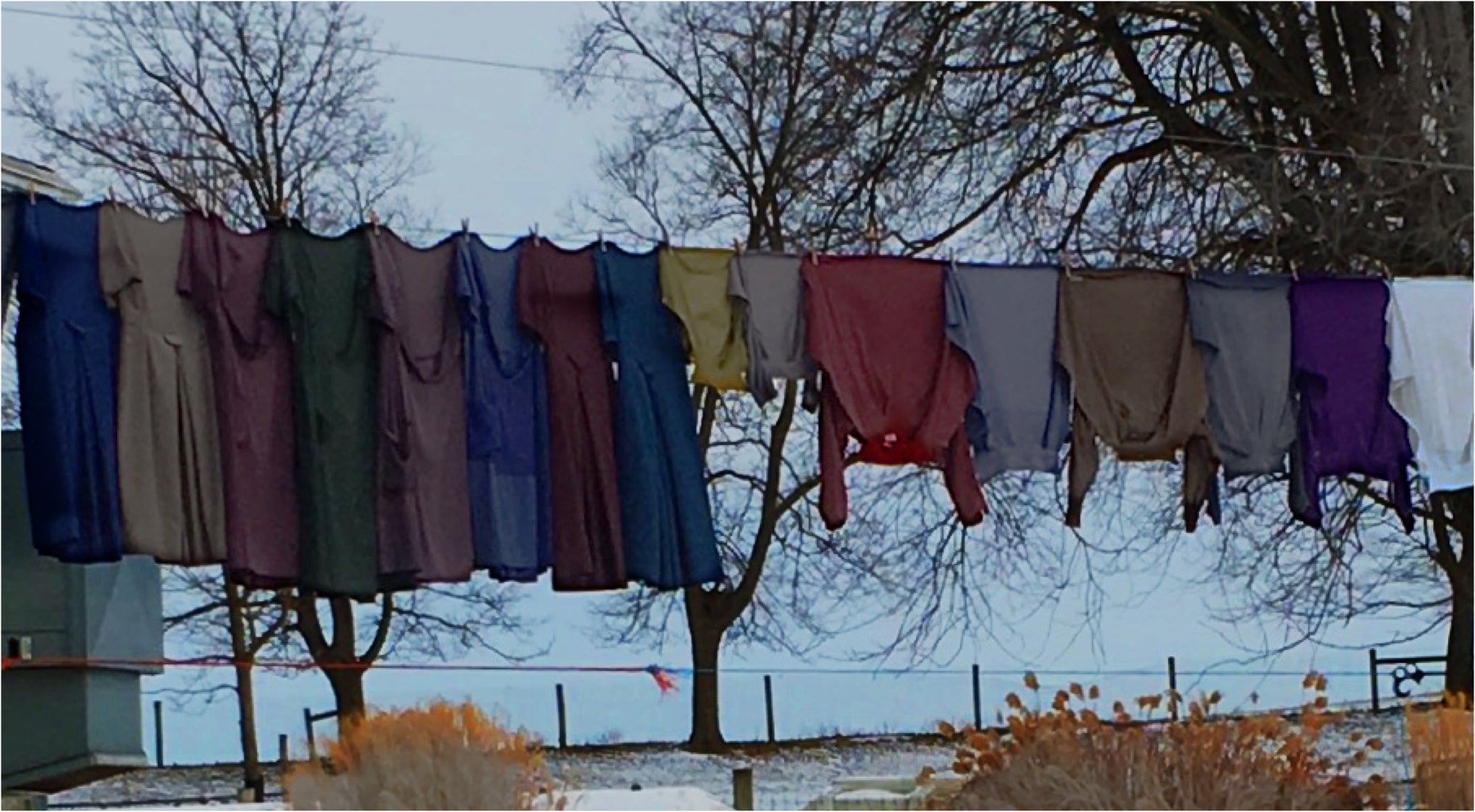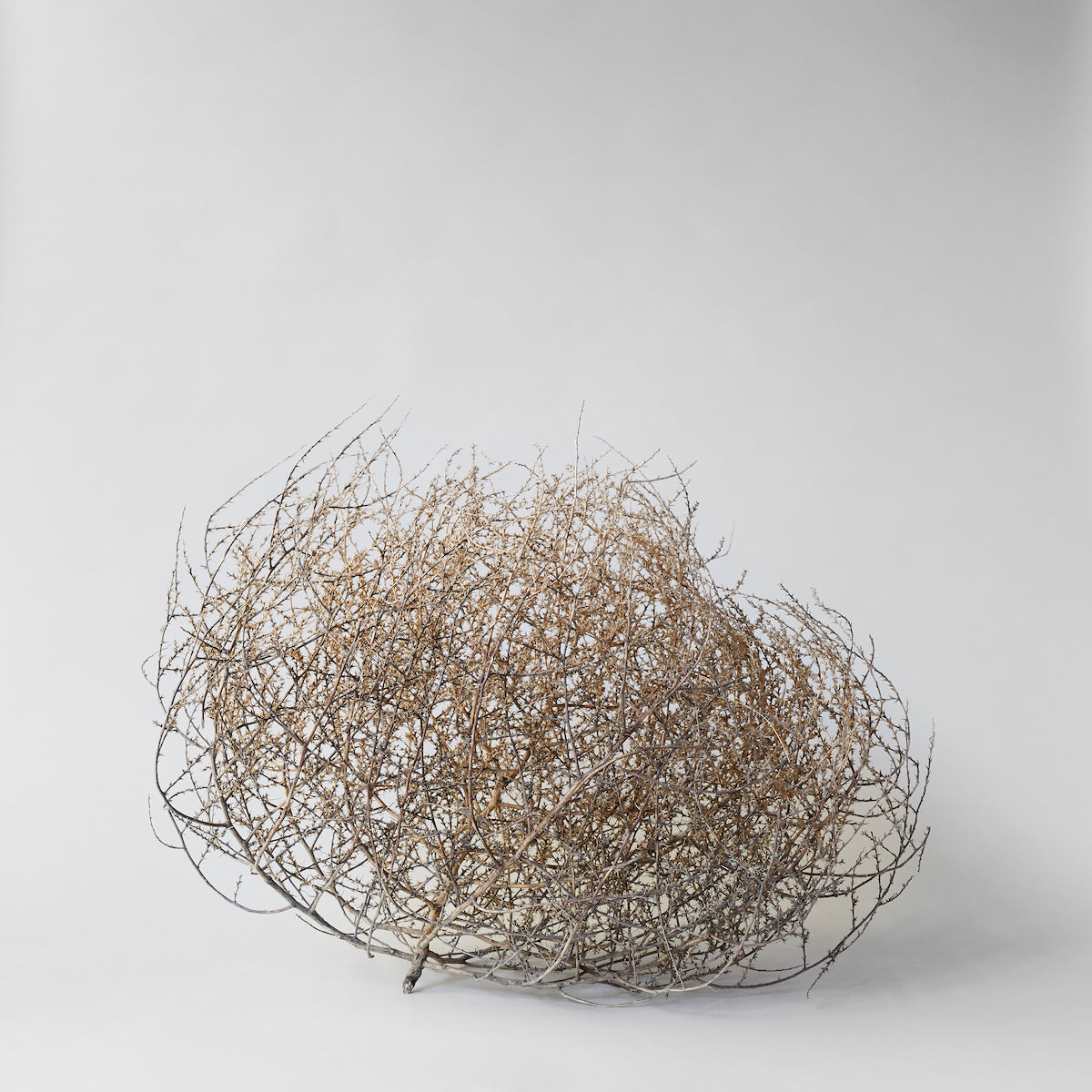GET TO KNOW
Bryan Norris, Founder Of Forager Co. And Advocate Of Simple, Functional Amish-made Goods
Story by Diana Keeler / Photography by Bryan Norris
After traveling the world working in the fashion industry for decades, Norris returned home to Lancaster County, Pennsylvania, where he founded Forager Co. and first began working with Amish and Mennonite craftsmen. The Amish, he explains, are a group of traditionalist Christians with Swiss- German origins, many of whom settled in Pennsylvania in the early 18th century. Lancaster County, in southeastern Pennsylvania, is home to the oldest and largest Amish community, with an estimated 30,000 inhabitants. “THE AMISH ARE BEST KNOWN FOR THEIR SIMPLE LIVING, PLAIN DRESS, PACIFISM, AND SLOWNESS TO ADOPT MODERN TECHNOLOGY. OLD ORDER AMISH, LIKE OUR MAKERS, LIVE AND WORK ON THEIR FARMS AND GENERATE THEIR OWN ELECTRICITY.” — Bryan Norris “They are best known for their simple living, plain dress, pacifism, and slowness to adopt modern technology,” he says. “They value rural life, manual labor, and humility. Old Order Amish, like our makers, live and work on their farms and generate their own electricity — the Amish reject the ‘grid’ that brings electricity to most American homes because they want to maintain separation from the wider world. They want no temptations that the ‘easy’ electricity could bring, like television or the internet.”
In that solitude, an environment conducive to world-class craftsmanship — focus, patience, and industry — will flower. With Forager, Norris was able to methodically connect this community with the wider world of art and design, with their consent and enthusiasm. “It took time to build those relationships,” Norris says. “I have a big, gray beard — it’s not that I look Amish, but there was a little more ease, because of the way I presented myself, and because perhaps I might look like a farmer.” Some of those relationships were built as Norris lent himself out to Amish who needed rides to visit between farms, as their belief system permits them to hire drivers but not to drive themselves.
Left: Forager Co. Peg Rail (with 4 pegs) holds everything from coats and hats to hand brooms and dust pans. Right: Newly completed Peg Rails waiting for Bloomist. Pegs are strategically inserted after mounting to cover unsightly screw heads and create a clean minimalist face.
Top: Newly completed solid pine Peg Rails. Pegs are popped in after mounting to cover unsightly screw heads and create a clean minimalist face. Above: Forager Co. Peg Rail with 4 pegs holds everything from coats and hats to hand brooms and dust pans.
“I said, ‘I’d be happy to take you out on errands,’” he says. “In having the chance to do that, I’ve had such incredible experiences. I get to see so much more of the Amish world that I wouldn’t have been able to see.” Norris says he takes pride in the role he plays. “I’m the middleman, and I know they are happy for me to be the middleman, because they want to be industrious. I’m a link to the outside world. I’ve shared with them my hope that this work has a place to go, and to grow.” “THEY VALUE THE BEAUTY OF NATURE WHEREAS THE BEAUTY OF THE INDIVIDUAL IS NO SO MUCH ACKNOWLEDGED.”
For those outside the Amish community, peering inside can be difficult without first-hand access. How would Norris describe it? “They’re just a very beautiful people,” he says. “Simple, tight-knit. The value of the family, the value of nature. Nature is their decoration. They value the beauty of nature whereas the beauty of the individual is not so much acknowledged.”
Left: Available in charcoal and natural, these minimalist pine step stools do double duty as a handy side table for houseplants, books, or drinks. Right: Walnut Cutting Boards are made in two sizes, large for serving at gatherings and medium for everyday use.
These minimalist pine step stools do double duty as a handy side table for houseplants, books, or drinks. Above: Walnut Cutting Boards are made in two sizes, large for serving at gatherings and medium for everyday use.
In terms of the latter, Norris says, the Amish privilege collective expression over the individual. “The men and women really do have great expression and color in their shirts and dresses, which I love,” he says. “That’s one of the ways they’re allowed to [convey] creative expression. It’s also why the flower gardens are so incredible here in the season. There's no decorations in the home, except for what’s natural. Just like Bloomist, it’s all about bringing nature indoors, and celebrating its beauty."
|























